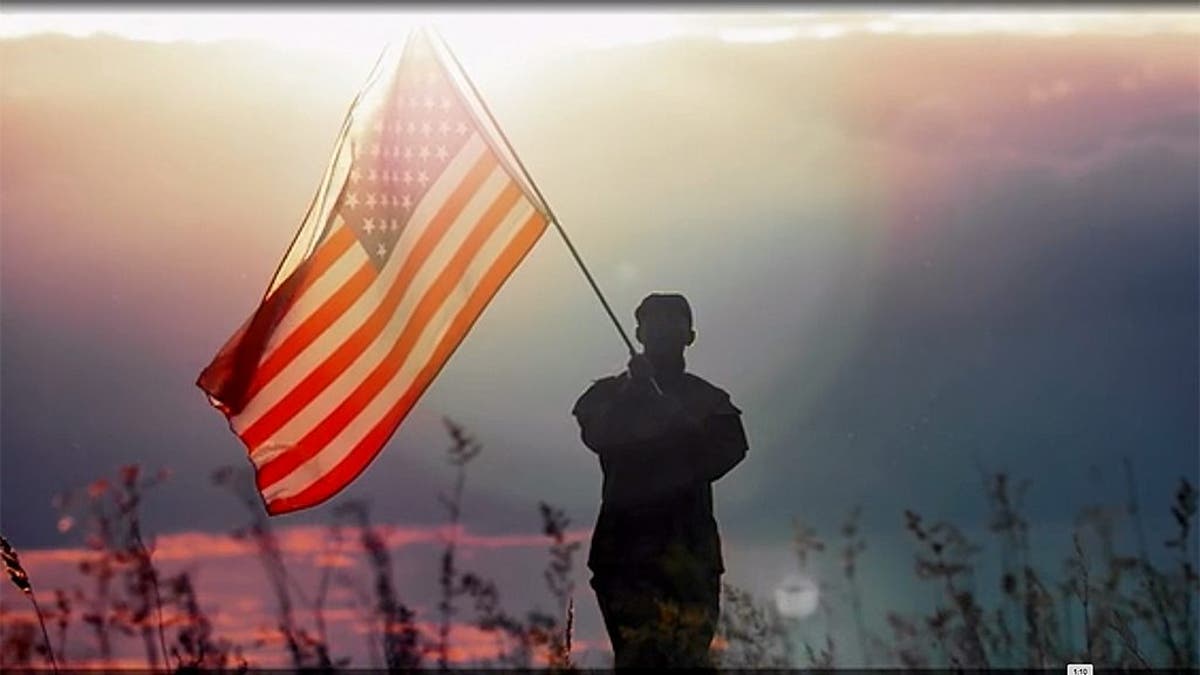
(iStock)
The words “welcome home” can be so ordinary. But to the thousands of Iraqi and Afghan interpreters who risk their lives – and the lives of their families – to serve alongside U.S. troops in their countries and help us secure victory, those words mean safety, a life free of death threats, and a promise kept.
More than 70,000 Iraqis and Afghans have served as translators or interpreters for the U.S. military over the last 17 years of war in their countries. They are people who so strongly believe in eliminating the terrorist threat within their own borders, that they risk everything to stand shoulder-to-shoulder with us.
Interpreters work closely with military units, acting as essential guides and making introductions to local officials, village leaders and others with whom the U.S. needs to ally. They work with intelligence agents to root out opposing forces and keep our troops safe, and with diplomats to help us maintain alliances. As retired Gen. Peter Chiarelli said, the interpreters are “just as much of a soldier as I am.”
In return for their bravery and service, America pledged to protect them and allow them – if they desire – to immigrate here. Right now, our country is not keeping its promise.
As of April, there were 11,288 applications pending for a Special Immigrant Visa (SIV) that would let interpreters immigrate to the United States. The SIV program was first created in 2006 for Iraqi interpreters; visas were extended to Afghans a couple of years later. The program must be reauthorized by Congress annually, and each year, the number of available visas changes without explanation.
It is impossible to overstate the integral role these interpreters play. The life of one of us – Matthew Zeller – was saved when an interpreter shot and killed two Taliban fighters who almost killed him during a battle.
Zeller spent one year in Afghanistan as a first lieutenant in Army intelligence, then was welcomed home to a country that was grateful for his service. His interpreter, Janis Shinwari, spent nearly a decade working as an interpreter for U.S. troops. But he had to fight one of the biggest bureaucracies on the planet in order to hear the words “welcome home,” all while being hunted by the Taliban and trying to keep his family alive.
Zeller was finally able to say “welcome home” to Shinwar in October 2013 – four long years after beginning the visa process.
But because our government is not keeping its promise, not every interpreter’s story has a happy ending.
The Armed Forces Journal reports that interpreters in Iraq are 10 times more likely to be killed than the troops they support. The International Refugee Assistant Project says that one Afghan is killed every 36 hours due to an affiliation with the U.S. There are videos on YouTube of interpreters being beheaded, sending a clear message that providing help to U.S. soldiers is a death sentence.
The SIV program always seems to teeter on the edge. In 2017, Congress authorized just 1,500 visas, and the 2018 bill a mere 3,500 additional visas. That is a drop in the bucket compared to the backlog.
While No One Left Behind – Zeller’s nonprofit organization which helps resettle America’s wartime allies safely in the United States – provides some guidance for applicants who are still overseas, our primary work occurs when families arrive in the U.S.
Since our founding in 2015, we have provided 161 families with rental assistance, 1,209 families with furnishings, and car grants to 66 families. We have helped 943 individuals with employment services. Overall, No One Left Behind has assisted 8,329 individuals and 1,410 families.
Since our earliest days as a nation, we have stood with those who have fought with us. We owe the courageous interpreters that same loyalty.
Right now, there is federal legislation pending that would name the interpreters as honorary veteran status. They will not be able to claim benefits from the Veterans Affairs Administration, but they will be able to access the vast network of veteran nonprofits and charities.
The legislation has been endorsed by the Vietnam Veterans of America, the Iraq and Afghan Veterans of America, the Military Officers Association of America, all 5 post 9/11 former Secretaries of Defense, and scores more employers and organizations. The American Legion – one of the country’s biggest veteran groups - just passed this resolution calling on Congress to recognize combat translators and help them achieve the American Dream. Former Governor Thomas H. Kean and former Representative Lee H. Hamilton, who served as chairman and vice chairman of the 9/11 Commission, state:
"As former chairman and vice chairman of the 9/11 Commission, we encourage the Congress to do everything in its power to keep the nation's promise to Afghan and Iraqi combat translators and to ensure these intrepid partners can achieve the American Dream. Special Immigrant Visas recipients from Afghanistan and Iraq loyally protected our men and women in uniform. Many directly saved American lives. Their future success will help to prevent the continued growth of Islamist terrorism - the third goal identified by the 9/11 Commission. A great nation keeps its promises."
We must keep our promise to all of our wartime allies.
Matthew Zeller is a co-founder of No One Left Behind, a nonprofit organization which helps resettle Afghan and Iraqi combat translators who have received Special Immigrant Visas in communities all across the U.S.








































